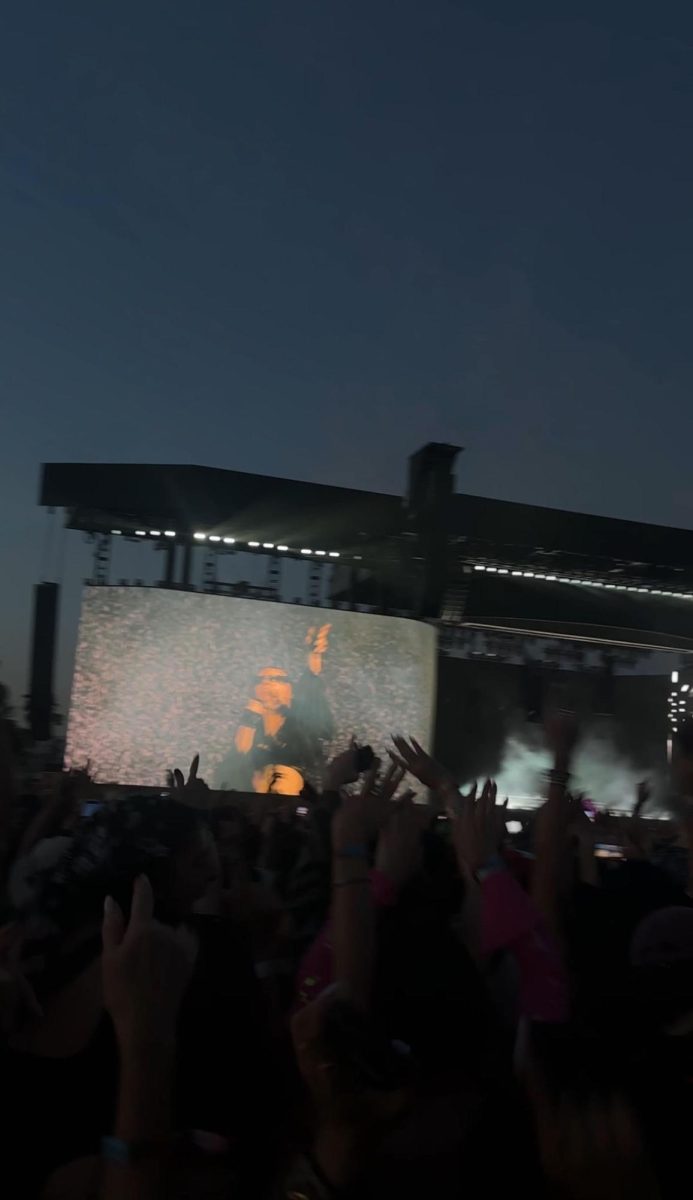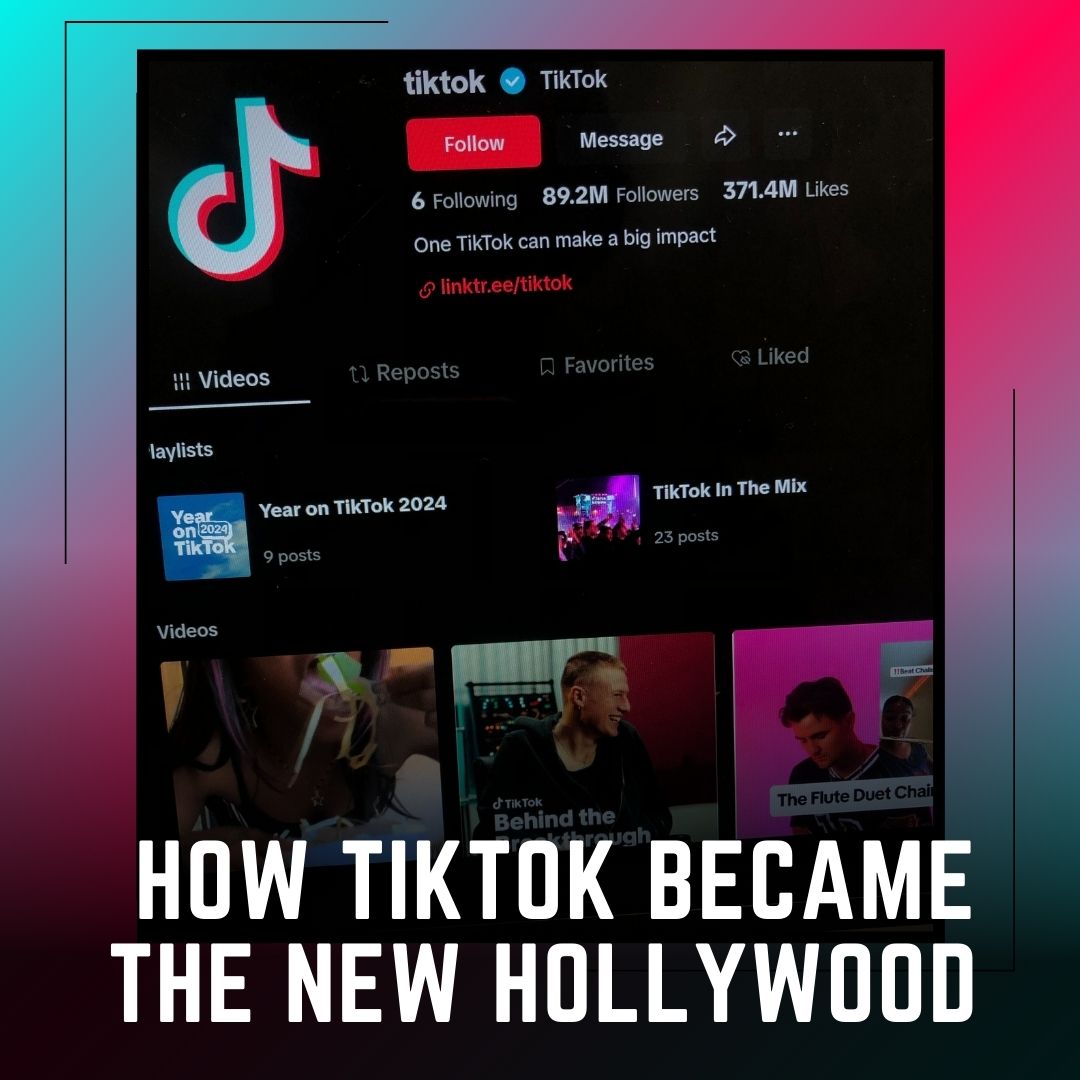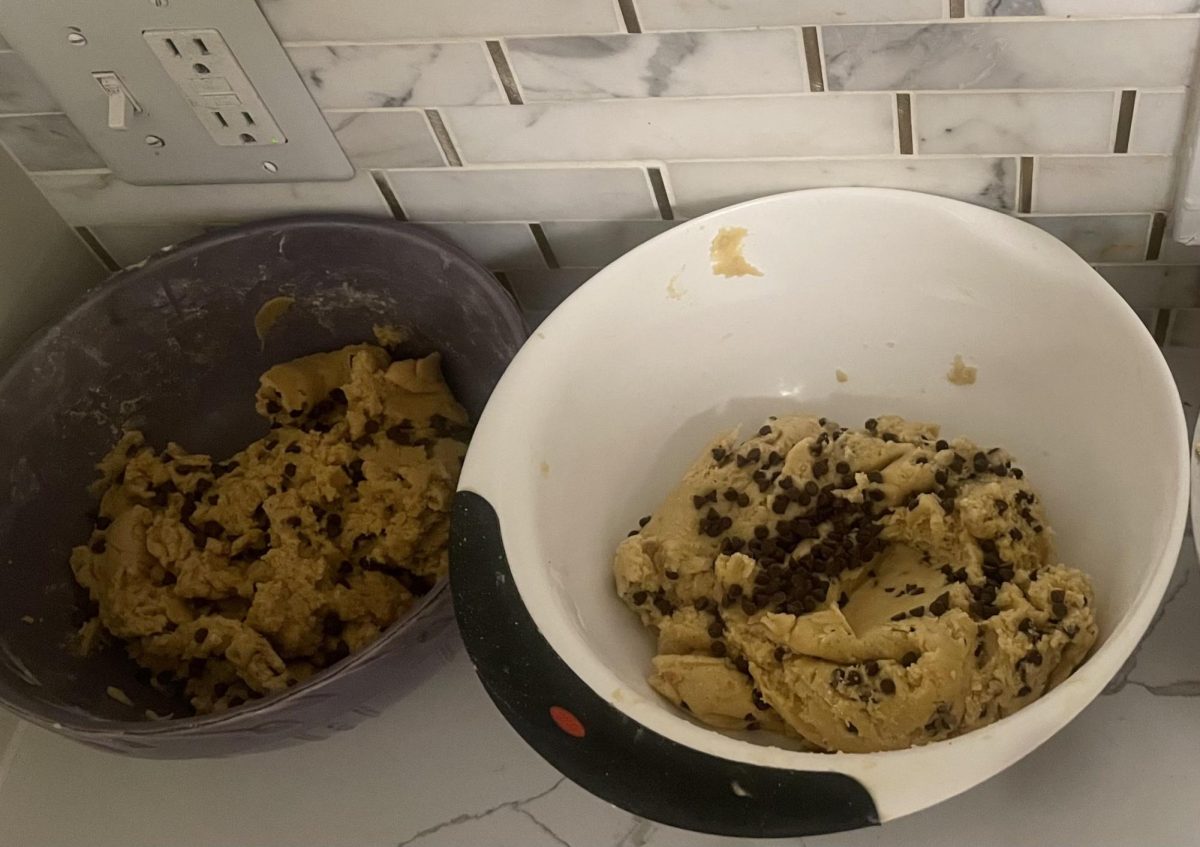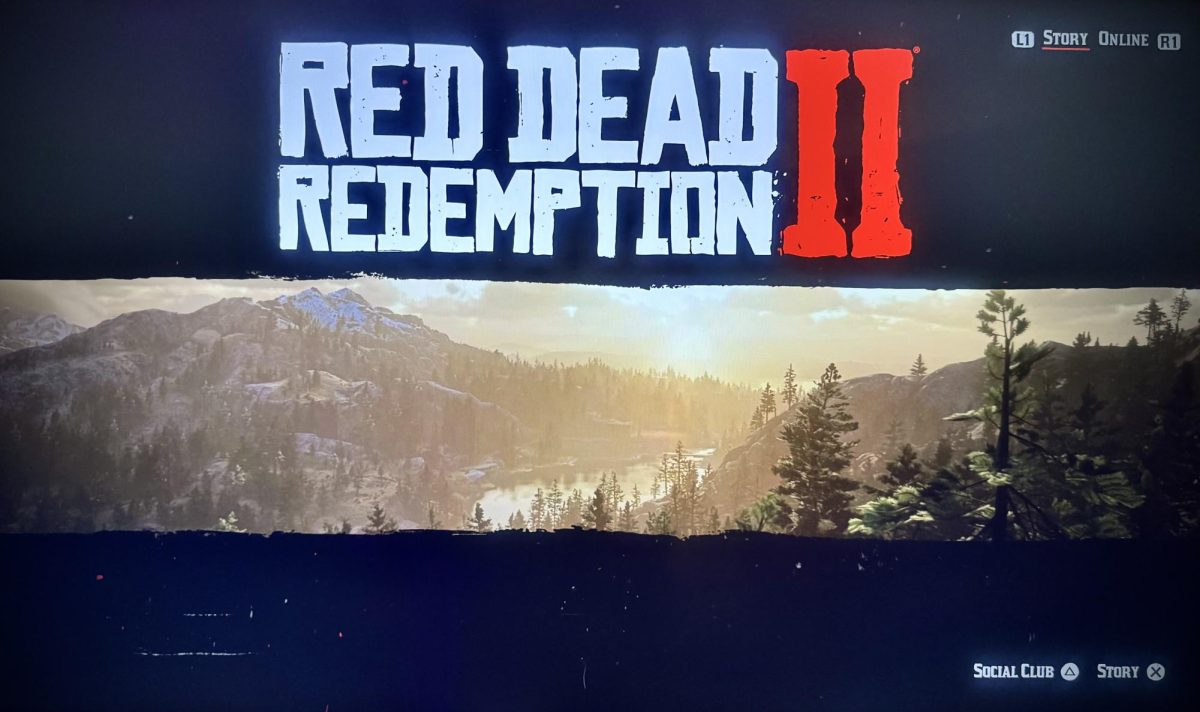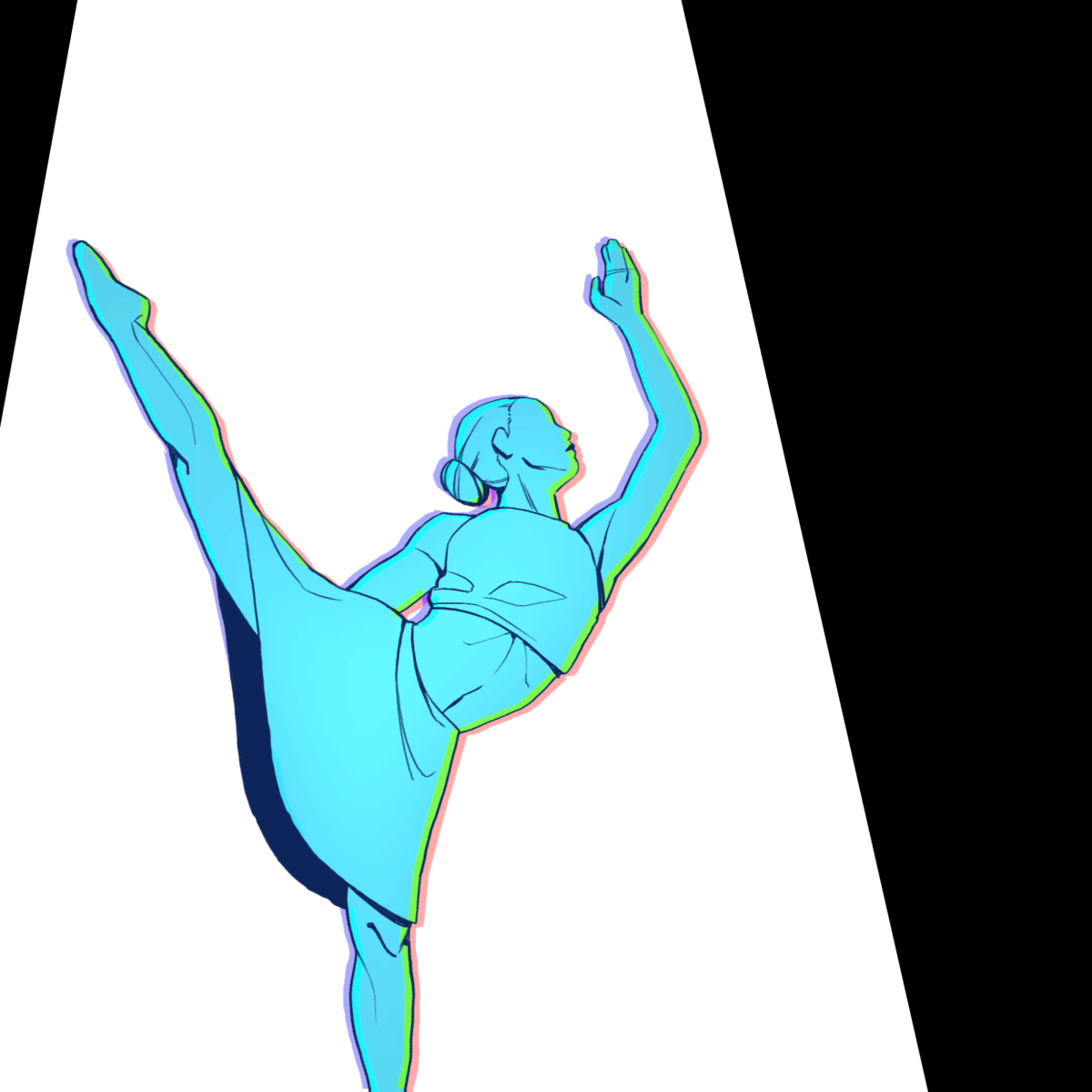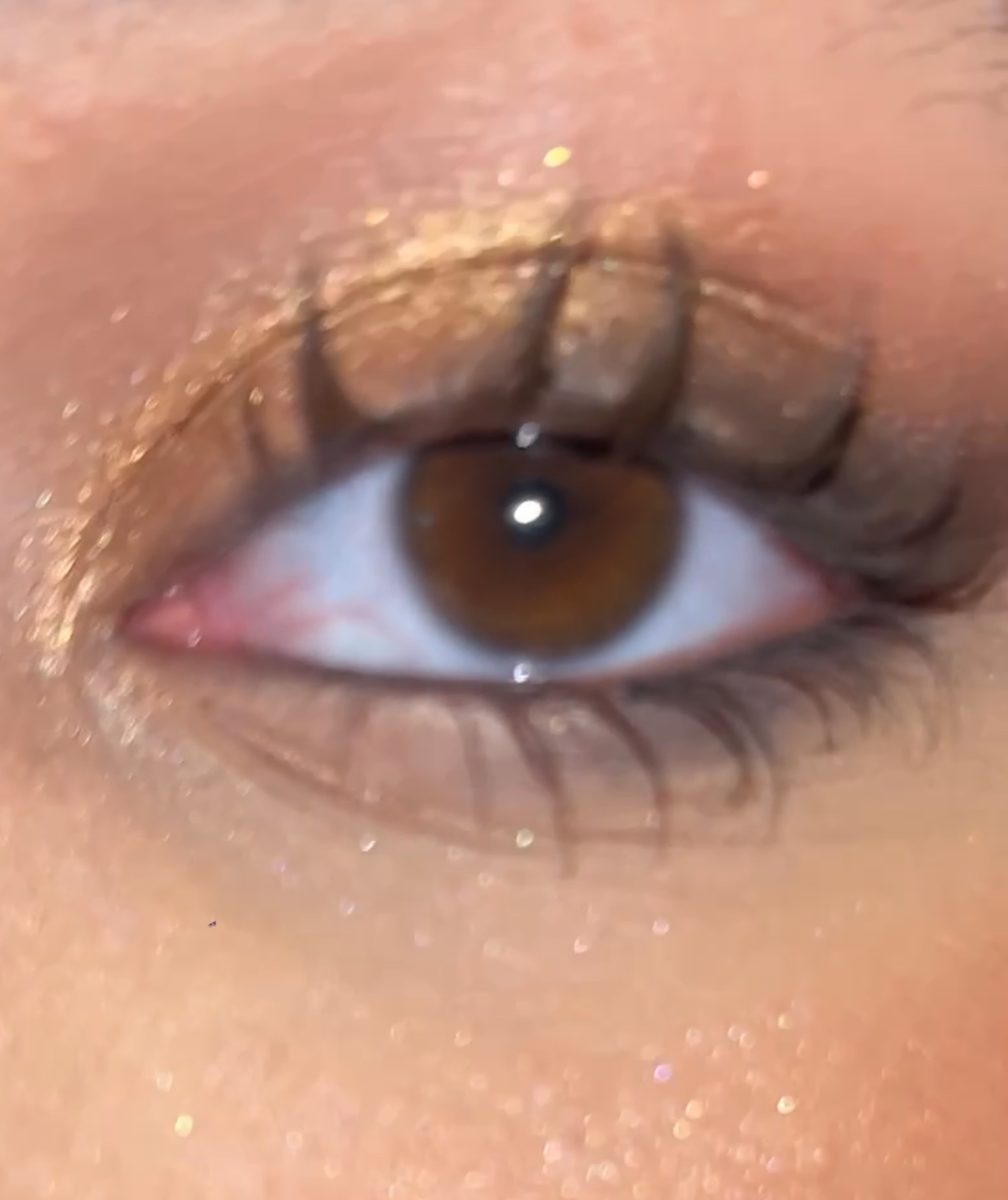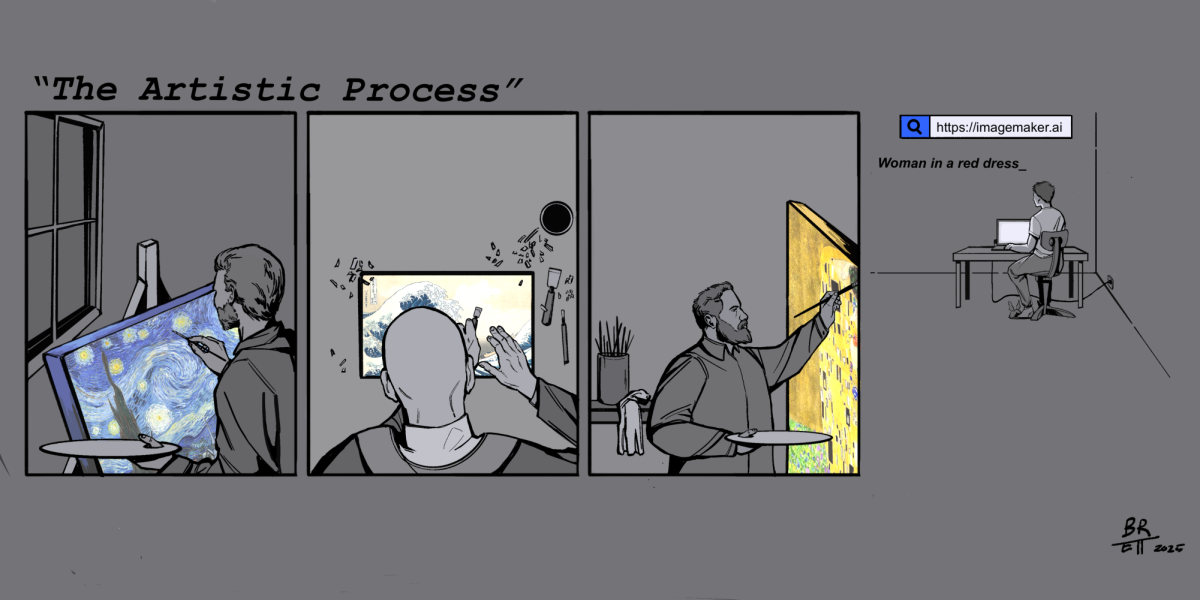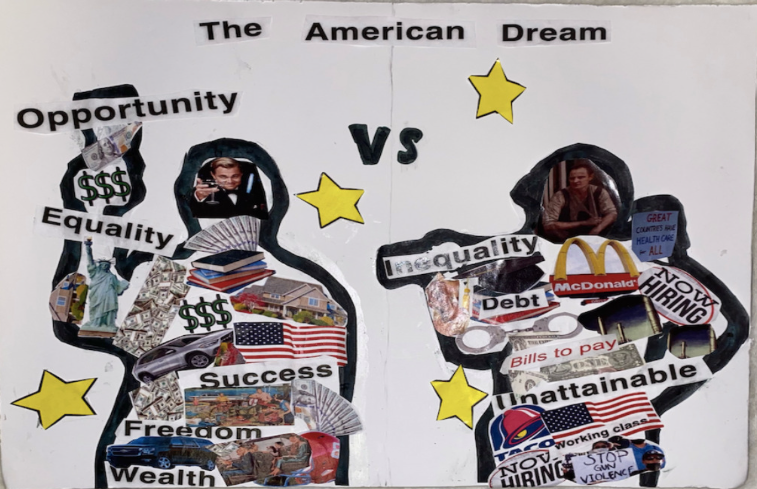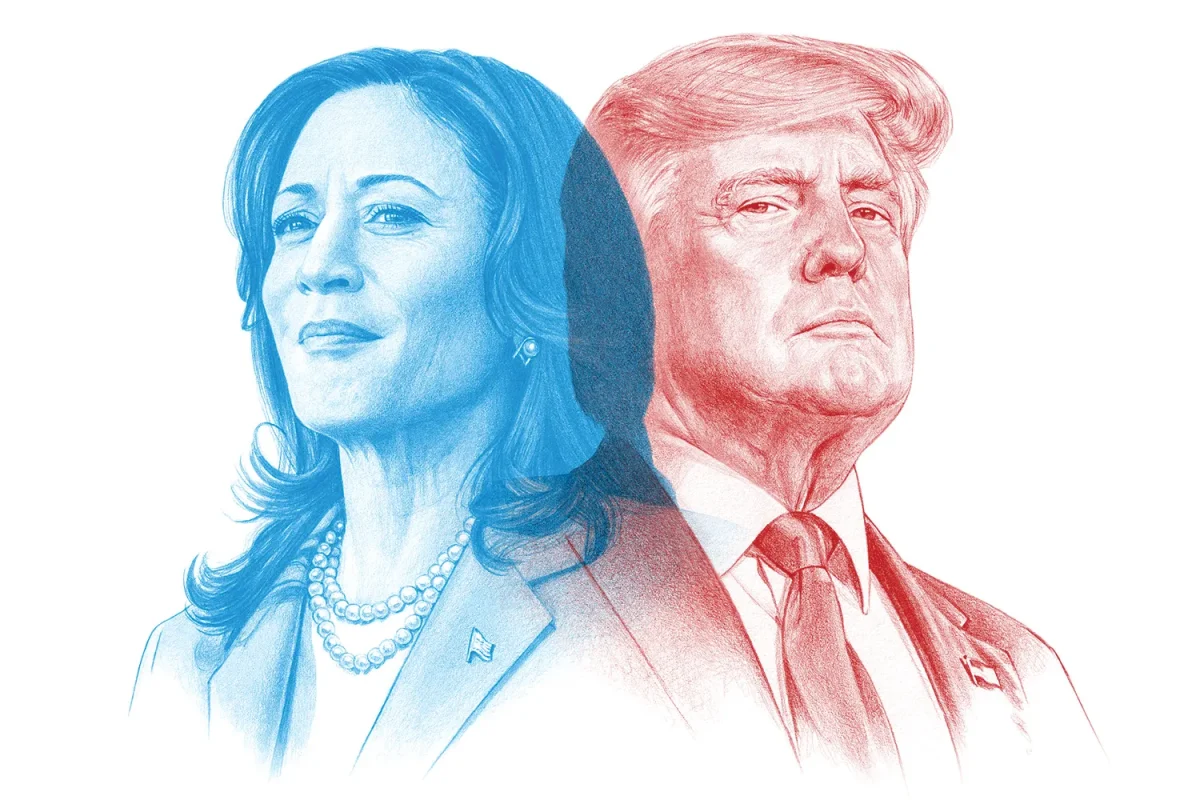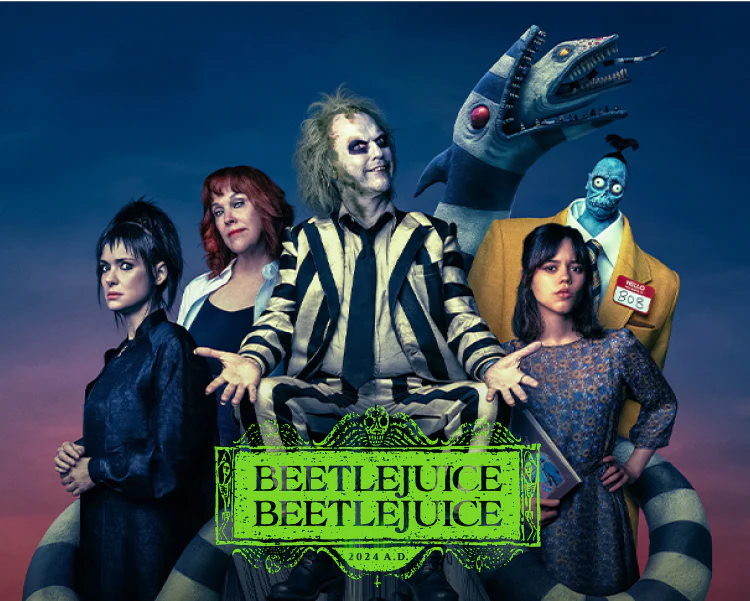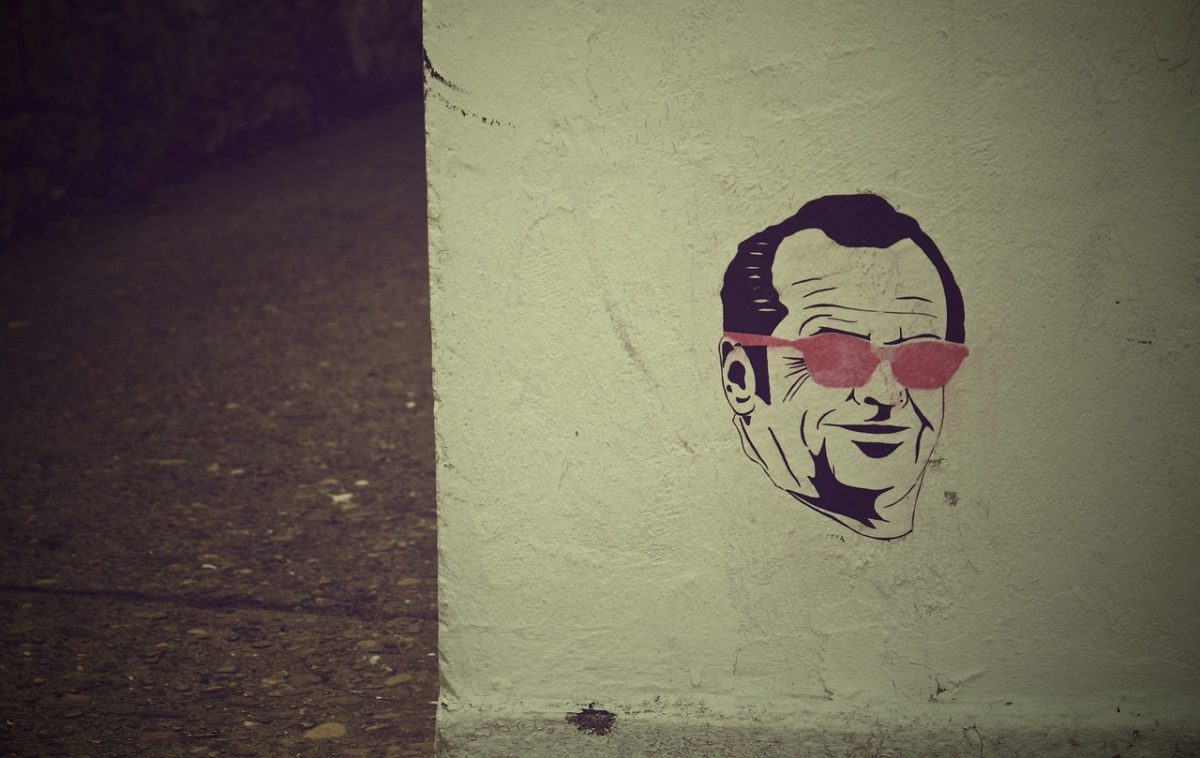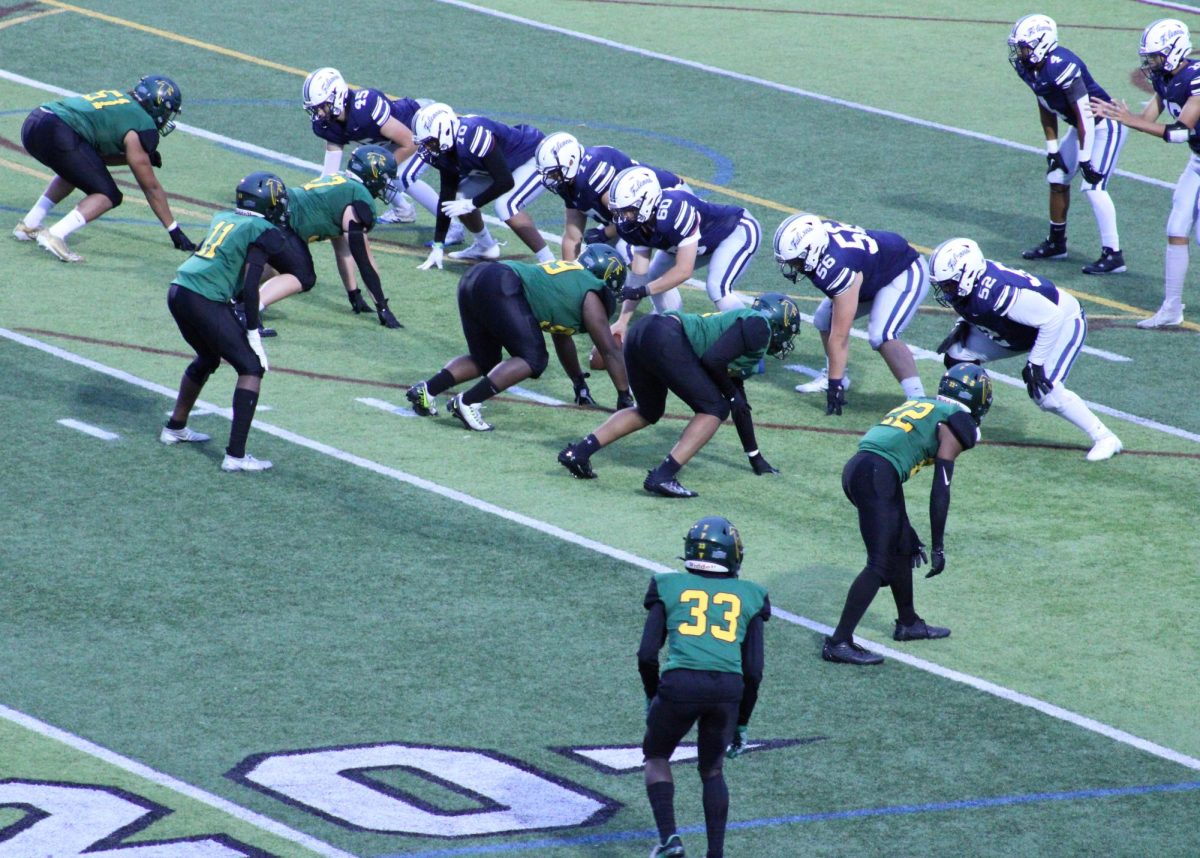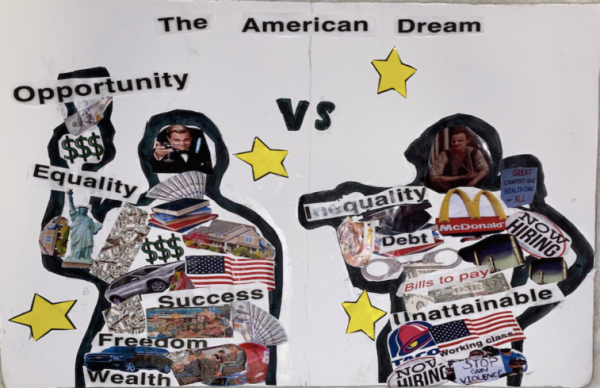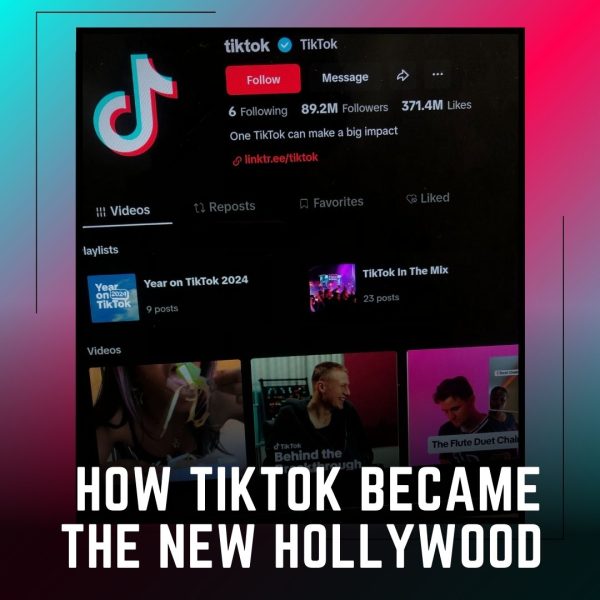Raising Awareness on Bipolar Disorder
Results from the Bipolar Disorder poll I sent to the student body. The first, fifth, sixth, and seventh options were the four actions of Kanye that I added.
If I were to say, “people with bipolar disorder are crazy”, a plethora of people would jump in and disagree, and as they should. That statement is not only inaccurate but it’s also disrespectful and misleading because it’s simply not true. If I were to say, “Kanye West is crazy”, maybe a few would jump in to object, but strangely, many would agree. It’s strange because it appears to be the same statement. West also has bipolar disorder, and the reason people call him crazy is because of the decisions he makes during his episodes. So why do the statements garner such different responses? The answer’s easy; the general public is far too comfortable turning mental illness into a mockery and comedy. This treatment will, and quite frankly, already has had a negative influence on younger generations. This is problematic as the more we condone, or better yet, indirectly groom younger generations to correlate mental illness and comedy, the more misunderstanding is spread about the seriousness of mental illnesses.
A prime example of mental illnesses being understated and humorized–by the public and in media–would be Kanye West’s recent manic episode treated as if it were a minstrel show. On March 2, Kanye West and reality TV star Kim Kardashian officially separated. Their divorce was circulating on the internet and news platforms–focusing more on Kanye’s emotional reaction than the divorce itself. After the divorce, Kanye posted a series of Instagram posts: including eyebrow-raising captions, one of which stating everyone needed to hide their spouses because Pete Davidson — whom he refers to as “skete’, is hiding in dirty alleyways waiting to destroy their families. Kanye also posted several ridiculous, almost hysterical images, one of which depicted him and Pete Davidson (who was rumored to be in a relationship with Kim Kardashian at the time) on different sides of the Captain America: Civil War movie poster, along with other celebrities such as Drake, Taylor Swift, Travis Scott, Billie Eilish, and more, either allied with Kanye or Pete.
Most are joking about what West is doing and only a few are questioning why West would do such a thing, the former greatly outweighs the latter. The why is the main issue. Few care about what would trigger such behavior; they only care about how many laughs they can have and get at someone else’s expense. Like the way SNL has treated the situation. Amid Kanye’s social media frenzy, Pete Davidson claimed he had to hold multiple conversations with the bosses at SNL–who are grown men mind you, pleading with them not to make fun of Kanye on the show. According to Davidson, SNL has had jokes and skits prepared about the West situation for weeks, and Davidson continued to plead with them not to air the jokes.
This trend has reached Groves and is particularly problematic because Kayne, and other celebrities, suffer from true mental illness, which the general public knows. Back in 2018, Kanye acknowledged his bipolar disorder in his album Ye. Bipolar disorder is a mental illness that causes extreme mood swings that include emotional highs, otherwise known as mania, and emotional lows, otherwise known as depression. These alternating states are known to affect sleep, energy, activity, judgment, behavior, and the ability to think clearly. With illnesses, such as bipolar disorder, there are often triggers before episodes. A few common triggers of bipolar disorder include arguments with loved ones, the stress of a bad breakup or failed marriage, the death of a loved one, etc. Kanye experienced all of these triggers over the years.
This information should have given students a clue about why West behaved the way he has in previous years: his 2009 VMAs interruption of Taylor Swift, 2016 Tour Cancellation, 2020 Presidential Campaign, 2020 Twitter Meltdowns, and now, recently, his 2022 Social Media Rants; yet, for some reason, this flew over the heads of many people. Either that or they figured their jokes were more important than Kanye’s mental health, which of course, sounds completely reasonable.
Kim has spoken out about these attacks, asking the public and media to give “the compassion and empathy that is needed.’ She urged all to stop treating his actions during his manic episodes as joke material.
Now what’s worse than laughing at people with mental disorders is demonizing them, thinking it’s OK because they’re celebrities. The feeling of being demonized could transfer to private citizens with mental disorders. Something we should never encourage.
Plenty of onlookers have been justifying their demonization under the ruse of sticking up for Kim Kardashian and Pete Davidson, but harassing someone for behavior you know they have little control over suggests your empathy disorder is worse than their mental one. During manic episodes, the individual experiencing it can’t evaluate their behavior the same way they can when not experiencing an episode, so it’s foolish and illogical to criticize them. What’s needed most in these instances is help — from anywhere really, instead of penalization from a bunch of strangers.
Up-and-coming generations need to stop laughing and start thinking about the severity of publicly mocking those with mental disorders. Social media apps such as TikTok, Twitter, and Instagram are downloaded on nearly all teens’ and pre-teen’s phones. The more these kids are exposed and desensitized to the trivialization of mental health, the more they begin to equate the two subjects: comedy and mental illness.
Speaking of social media apps, information on West’s manic episode–more so the series of Instagram posts and captions than actual information–has been circulating on the previously referenced platforms, however, it’s more likely that you’ll find jokes and misinformation than the truth. If you were to check these apps, you’d find memes and skits, painting the idea that all of Kanye’s previous actions are born out of envy directed towards Pete Davidson–the new partner of Kim Kardashian. Or, you’ll hear that he’s acting the way he is because he’s “ just crazy”. Note that almost all of the skits and memes lack the context to Kanye’s behavior, so there’s no way for teens and kids to know that the behavior being joked about is because of a mental illness. And if misinformation wasn’t enough, many, including teens and young children, are expressing excitement for “what Kanye will do next”–excitement to harass and joke. I don’t think it resonates in their minds that even though they’re not the ones making jokes and recording skits, they’re unknowingly a part of the crowd who is turning his manic episode into social media drama–but how could they know? It’s not like the people making these jokes have disclaimers that tell the viewer that Kanye isn’t just acting out, and he’s suffering a manic episode, because I mean, clearly, that’d be asking too much.
Now, you can view it any way you want, but when we peel back the layers, what’s left is people finding pleasure and entertainment in West’s pain. That’s incredibly insensitive because what they’re finding entertainment in symptoms of a mental illness.
Even Groves students’ views on Kanye’s manic episodes are influenced by the media. I sent a poll from April 21 to May 9 to Groves students and 218 replied. The poll provided a list of behaviors someone experiencing a manic episode might exhibit, and four out of the seven behaviors were something Kanye exhibited publicly. I asked which of the seven activities provided in the poll would be performed during a manic episode. I wondered if students would be more sympathetic or logical if the behavior was separated from Kanye, or if students do not have a general understanding of Bipolar disorder in the first place, and that makes them more susceptible to the media’s inaccuracy?
When people can’t comprehend mental illnesses and the behaviors associated with them, they have no basis of information to understand that what the media is feeding them isn’t true. Nor do they have some kind of basic understanding of mental illness that allows them to realize that what Kanye’s doing isn’t “crazy”. With that said, the media’s portrayal of mental illness slowly becomes their understanding of mental illness. If SNL portrays Kanye as a lunatic, then that negative notion becomes something people associate with bipolar disorder. There’s a lack of understanding, but a presence of stigma and misinformation. A terrible combination.
No doubt the media is aware of this, but such mockery is a huge moneymaker for them, so it’s unlikely that they’ll stop. They care more about revenue than they do about how it might feel for people with bipolar disorder to watch that kind of stuff and feel like the entire world is laughing at them.
Without inaccurate media portrayal of mental disorders, high schoolers wouldn’t be as likely to believe a random opinion thought up by the world’s most informed and credible middle schoolers. This could be a reality, if only the media realized that fifteen seconds of laughter, garnered from an unfunny joke about a morally questionable subject, isn’t worth worsening the free-thinking skills of up-and-coming generations, and aiding in the mischaracterization of individuals with bipolar disorder.
Your donation will support the student journalists of Wylie E. Groves High School. Your contribution will allow us to purchase equipment and cover our annual website hosting costs.

